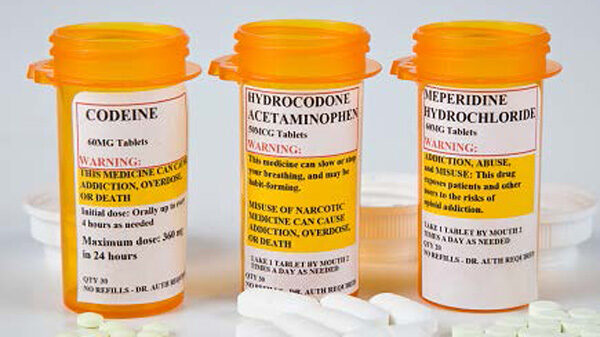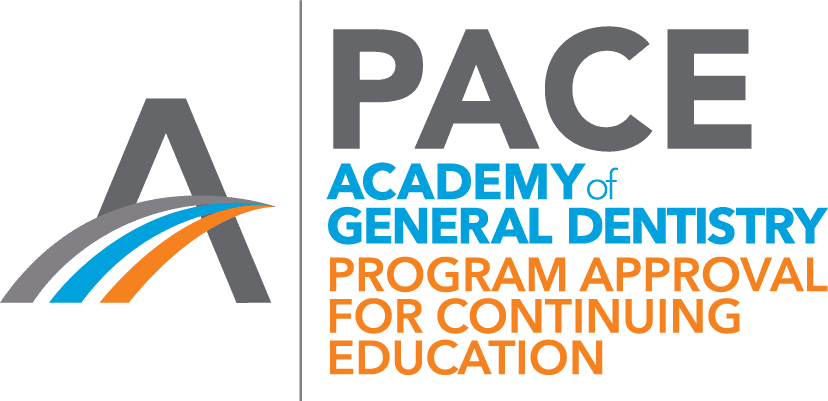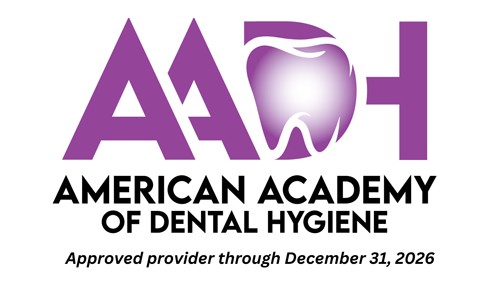A peer reviewed article by Eric S. Bornstein, DMD, BS
An adverse drug reaction (ADR) is an unwanted or harmful reaction following the administration of a drug or combination of drugs under normal conditions of use. An ADR is unpredictable and varies in severity, from minor side effects to severe complications such as organ damage, hospitalization, or even death. These unfortunate events are a significant concern in health care and lead to substantial increases in morbidity, mortality, and increased health-care costs. ADRs in dentistry are underreported and often overlooked, leading to a lack of awareness among dental professionals. In dentistry, ADRs can occur due to local anesthetics, antibiotics, antifungals, analgesics (opioid and nonopioid), anxiolytics, and muscle relaxants, all commonly used in the practice of dentistry. This course reviews some of the most prescribed medications in dentistry and their potential for ADRs. Further, it will underscore the need for improved pharmacovigilance in dental practice, including better reporting systems and education about ADRs for dental professionals. Finally, it emphasizes the importance of a thorough patient history, including medication history, to identify patients at risk of ADRs.
Educational objectives
At the conclusion of this course, the oral health-care provider will be able to:
- Identify the most commonly prescribed drugs in dentistry and their potential adverse reactions with a patient’s existing drug regimen
- Develop the ability to recognize the signs and symptoms of adverse drug reactions in dental patients
- Review the necessary skills to assess patients’ medical histories, including current medications, to avoid potential drug interactions
- Review management of emergencies arising from adverse drug reactions, including understanding when and how to refer patients to appropriate medical facilities
- Understand the importance of staying updated on new drugs, their uses in dentistry, and potential adverse reactions to ensure patient safety and effective treatment
About the Author

Eric S. Bornstein, DMD, BS, is a biochemist, dentist, and photobiologist. He has managed six human clinical trials in the infectious disease space, including periodontal disease. Dr. Bornstein is widely published in peer-reviewed journals such as Current Trends in Microbiology, Dentistry Today, and Compendium. He currently delivers CE webinars for the Institute for Natural Resources (inrseminars.com) on the subjects of circadian medicine, inflammation, pharmacology, marijuana, vaping, opioids, hallucinogens, and periodontal disease. His best-selling medical and fiction books can be found at drericbornstein.com.
Quick Access Code: 22532
Image Credit: Johnrob / iStock / Getty Images Plus / Getty Images






